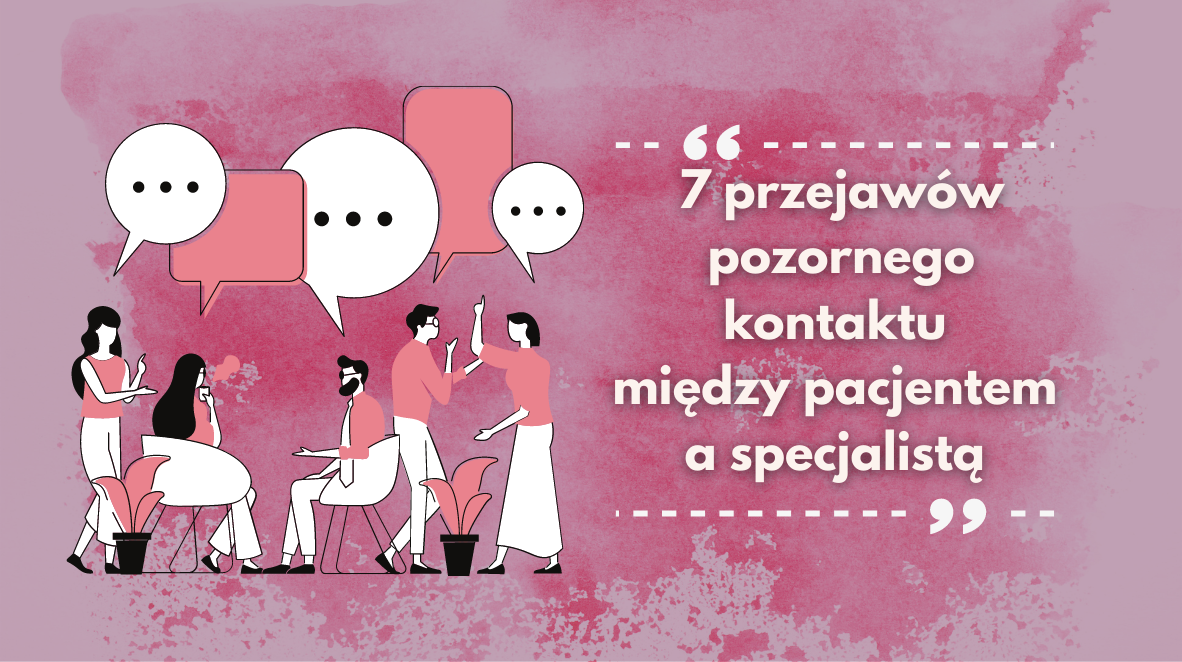Baumeister, R. F., Heatherton, T. F. i Tice, D. M. (2000). Utrata kontroli. Jak i dlaczego tracimy zdolność samoregulacji. Warszawa: Państwowa Agencja Rozwiązywania Problemów Alkoholowych
Carver, C. S. i Scheier, M. F. (1998). Control theory: A useful conceptual framework for personality-social, clinical and health psychology. Psychological Bulletin, 92, 111 – 135.
Craighead (2006). Jak opanować wilczy apetyt? Trening. Wydawnictwo Sensus
Gawęcki, J. (2010). Spożywanie pokarmu – mechanizmy regulacyjne. W: J. Gawęcki (red.) Żywienie człowieka. Podstawy nauki o żywieniu (s.74-86). Warszawa: Wydawnictwo Naukowe PWN
Hawks, S., R.,, Mandanat, H., Hawks, J. i Harris, A. (2005). Relationship between intuitive eating and health indicators among college woman. American Journal of Health Education, 36 (6), 331- 336
Herman, C. P. i Polivy, J. (1993). Mental Control of Eating: Excitatory and Inhibitory Food Thoughts. W: D. M. Wegner i J. W. Pennebaker (red.), Handbook of Mental Control (s. 491-505). Nowy York: Cliffs.
Lluch, A., Herbeth, B., Mejean, L. i Siest, G. (2000). Dietary intakes, eating style and overweight in the Stanislas Family Study. International Journal of Obesity and Related Metabolic Disorders, 24, 1493 –1499. doi: 10.1038/sj.ijo.0801425
Soetens, B., Braet, C., Dejonckkheere, P. i Roets, A. (2006). When suppression backfires: The ironic effects of suppressing eating related thoughts. Journal Health Psychology, 11, 655-668.
Tribole, E. i Resch, E. (2013). Jem intuicyjnie. Gdańsk: Wydawnictwo Harmonia Universalis.
Wegner, D. M. (1994). Ironic processes of mental control. Psychological Review, 101, 34-52
Wren, A. M., Seal, L.J., Cohen, M. A., Brynes, A., E., Frost, G.,S., Murphy, K. G. (2002). Ghrelin enhances appetite and increases food intake in humans. J Clin Endocrinol Metab; 86, 59-92.













